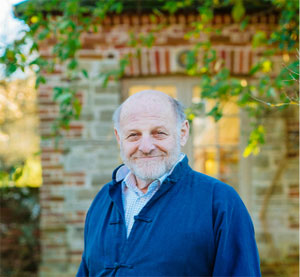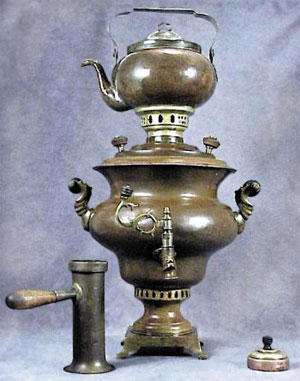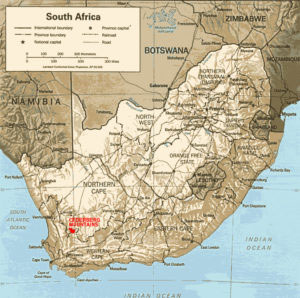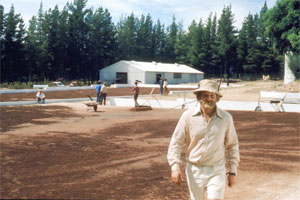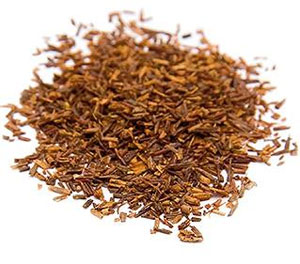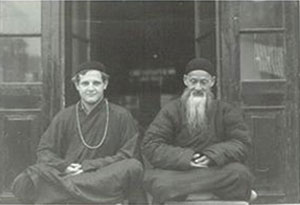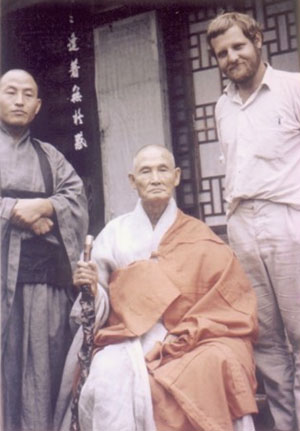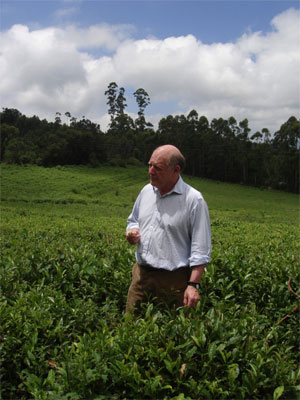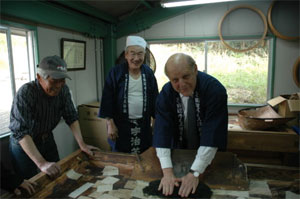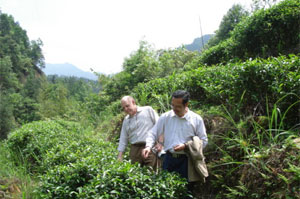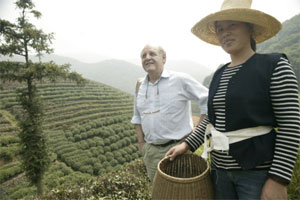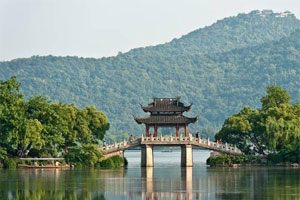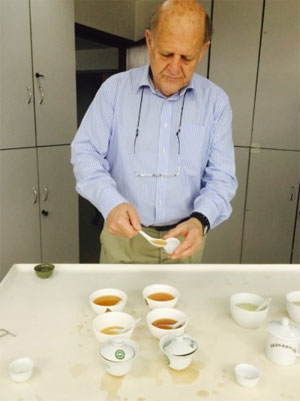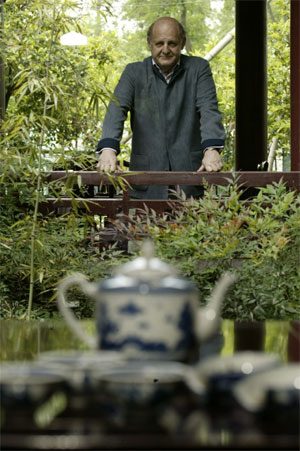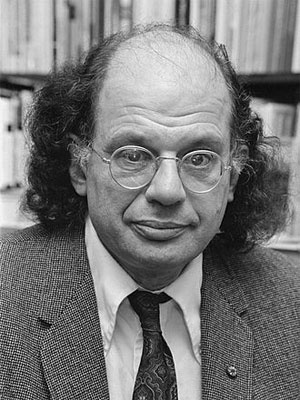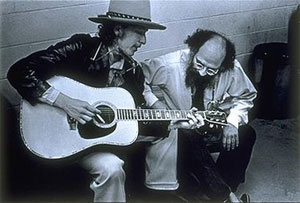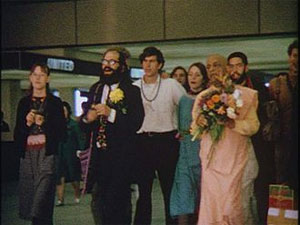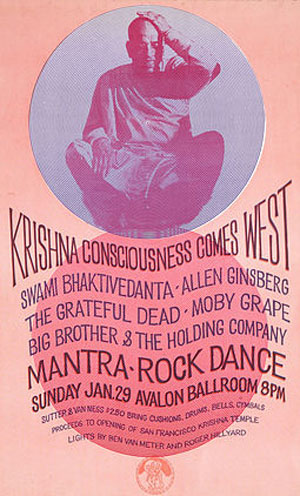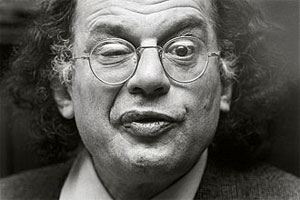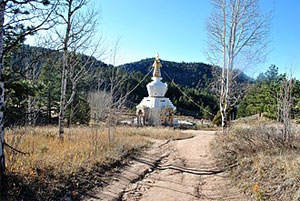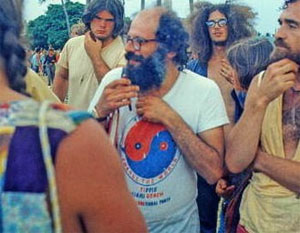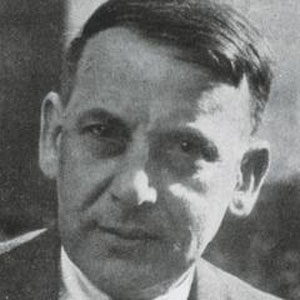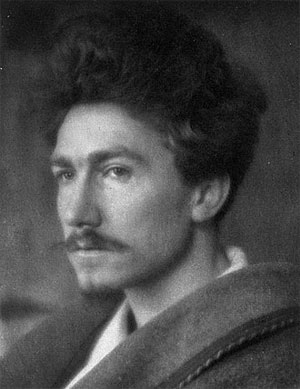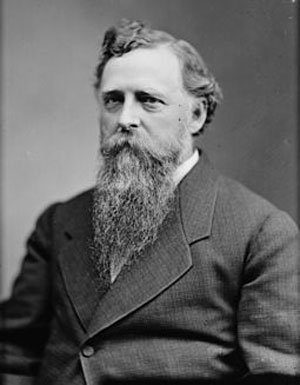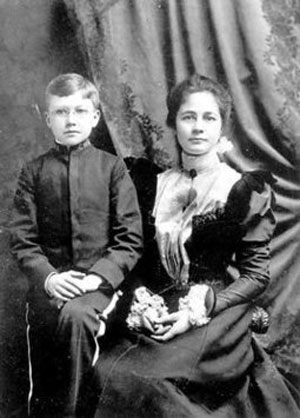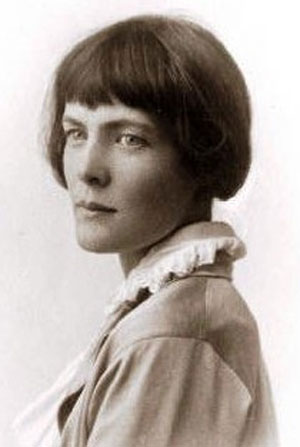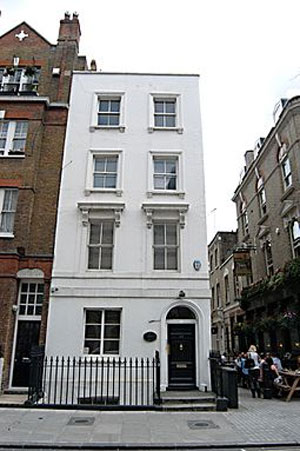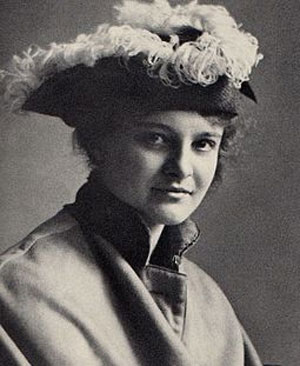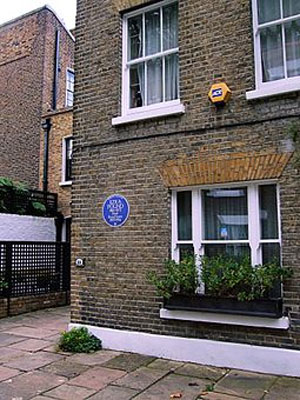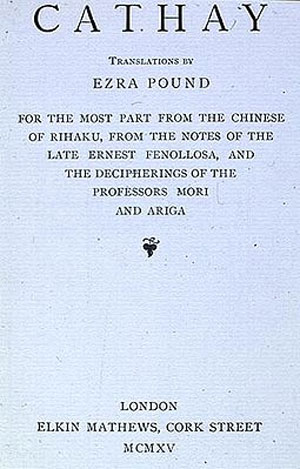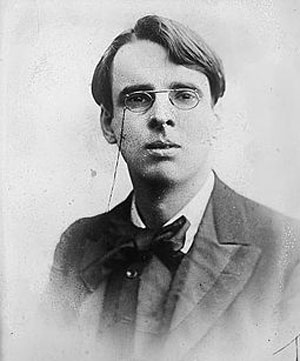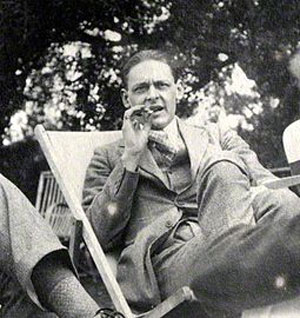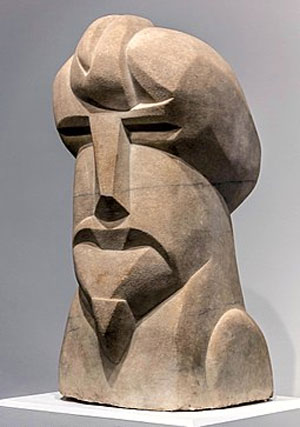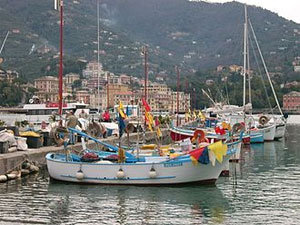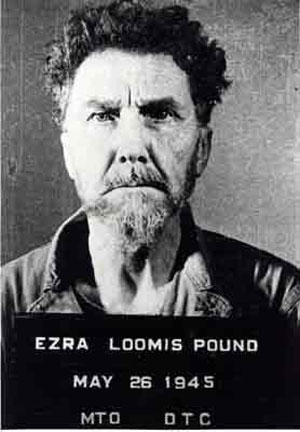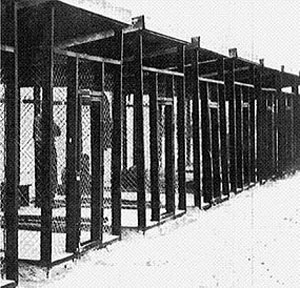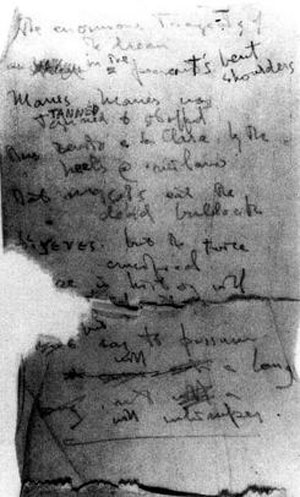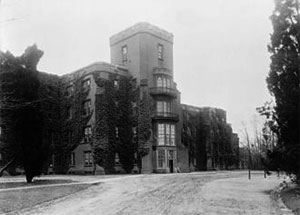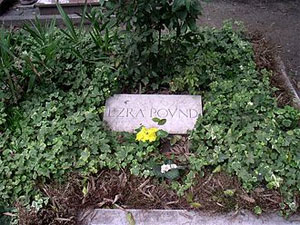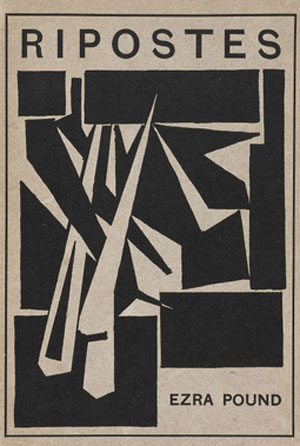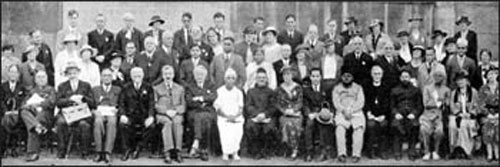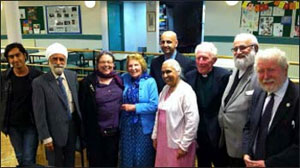by Family Faraggiana of Turin, Italy, edited by Samten de Wet
http://luxlapis.tripod.com
Accessed: 4/6/19
NOTICE: THIS WORK MAY BE PROTECTED BY COPYRIGHT
YOU ARE REQUIRED TO READ THE COPYRIGHT NOTICE AT THIS LINK BEFORE YOU READ THE FOLLOWING WORK, THAT IS AVAILABLE SOLELY FOR PRIVATE STUDY, SCHOLARSHIP OR RESEARCH PURSUANT TO 17 U.S.C. SECTION 107 AND 108. IN THE EVENT THAT THE LIBRARY DETERMINES THAT UNLAWFUL COPYING OF THIS WORK HAS OCCURRED, THE LIBRARY HAS THE RIGHT TO BLOCK THE I.P. ADDRESS AT WHICH THE UNLAWFUL COPYING APPEARED TO HAVE OCCURRED. THANK YOU FOR RESPECTING THE RIGHTS OF COPYRIGHT OWNERS.
Single-handedly Freda had already set the scene for Buddhism to make the historic leap from East to West when she had the foresight to establish the Young Lamas Home School. In 1972, the year of her full ordination as a bikshuni nun, she took another momentous step in that direction by personally agreeing to take the Buddha's message to South Africa, the first of several overseas "missions" she undertook. Hr journey there was significant not least because it revealed the full extent of the spiritual authority invested in her by the Karmapa, as well as the scope of the knowledge and personal realizations that she had attained in her relatively new religious path.
The invitation had come from Rosemary Vosse, a theosophist descended from Italian nobility, who had met Freda in India. She had literally begged Freda, now known as Sister Palmo, to come to South Africa, which was being brutally ripped apart by the bloody internal war of apartheid, as blacks fought for equal rights and the end to racial segregation. Nelson Mandela, leader of the African National Congress (ANC), the group that led this fight, was serving a life sentence on Robben Island, a measure intended by the government to cut off the hope he had inspired in his followers. Everywhere, protestors were being beaten and jailed, and a general reign of terror, instigated by the police, hung like a dirty pall over the land.
It was an invitation Freda could not resist. Any notion of racial inequality and suppression of freedom was an immediate clarion call to her. In fact it was in Johannesburg that her hero, Mahatma Gandhi, had formulated his philosophy of peaceful civil resistance, triggered when he was ordered to move from a first-class carriage to a third-class carriage because he was "colored," despite the fact that he was working as a lawyer there and had a valid ticket. The result was Satyagraha, his Doctrine of Truth, which he propagated there for twenty years and which Freda espoused when she became a Satyagrahi.
Her tour was to encompass Johannesburg, Capetown, Durban, and Port Elizabeth. It started on an auspicious note. Stepping off the airplane and into the terminal, she saw a delicate pink, green, and yellow butterfly still alive in a wastepaper basket. She gently picked it up and put it in a flowerbed. Freda viewed it as a sign. "It had a significance I can't put into words, but something extremely beautiful happened as I entered Africa," she wrote to her family.
She addressed audiences, large and small, who had come as a result of publicity generated by her Tibetan Friendship Group. She was warmly welcomed, and the press was polite. She spoke from university podiums and temple high seats, telling people about her experience of Gandhi and her own time as the first Englishwoman to offer Satyagraha. And then, when the audience was warmed up, she moved on to even more unconventional themes -- reincarnation and the Tibetan tulku system -- showing them slides of the young rinpoches she had taught and of her own teacher, the Sixteenth karmapa.
"I tried to convey to them something of the wonder of the Tibetan masters, the Dalai Lama, and in particular my own guru," she said. The university students were especially rapt, she reported.
Her talks to the Indian community living there and to the small group of Buddhist sympathizers were more profound, and they allowed Freda to share the depth of her knowledge. She gave discourses on both major and minor points of Buddhist philosophy.
"I was able to give a talk on the realizations of Milarepa (Tibet's beloved poet-saint). I endeavored to bring out his philosophical approach as well as his beautiful teachings, which were based on the Vajrayana lyrics, which I translated. This talk was taped, as were many others," she stated.In Milarepa's biography, examples can be found of a range of images of woman, from human to demonic and to divine. In general Milarepa disparages women, their nature, appearance, and the role they play in the life of the religious practitioner. 'Woman is always a trouble-maker ... the primary source of suffering',18 he warns (male) practitioners. Of woman's ability to attract men he cautions, 'At first the lady is like a heavenly angel ... middle-aged she becomes a demon with corpse's eyes ... at life's end she becomes an old cow with no teeth.'19 Of her role he is equally scathing, 'At her best, she may serve and devote herself to others, at her worst, she will bring mishap and disaster.'20 In the text, women themselves subscribe to this position, 'Because of my sinful Karma I was given this inferior [female] body',21 declares a young woman when she approaches Milarepa for Buddhist teachings. In these examples, the practitioner of Buddhism is implicitly male, the woman implicitly 'other'. While the male strives for perfection, the woman acts as obstacle and deterrent, or as an inferior being.
In many of the Buddhist scriptures there are numerous examples of teachings which pair together the female and the demon as beings which potentially cause difficulties for the 'practitioner' on the path. Robert Paul notes the connection between these categories, 'In general it may be said that the demons, the passions and women are conceptually related, and thought of as opponents of Buddhism, and of patriarchal unity.'22 Milarepa constantly warns of the destructive powers of women, admonishing his followers to reject their seductive charms, and become meditative hermits. Even a demon, who is subdued by Milarepa after she emerges from a crack in a rock, is told that she is in an unfortunate rebirth, not because of her demonic form, or because of living in a rock, but that 'Because of your evil habit propensities formed in the past, and your vicious doings in the present . . . you were born as a lower form of woman' (italics mine).23 In the relatively tormented world of demons, Milarepa is at pains to point out that the female demonic status is inferior to that of the male.
-- Traveller in Space: In Search of Female Identity in Tibetan Buddhism, by June Campbell
More impressively, Freda also revealed that she conferred initiations. This was nothing short of extraordinary. Only the most qualified lamas gave initiations, ceremonies that bestowed on the recipient the power, knowledge, and blessings of the particular buddha invoked. It was exceptional for a newcomer to Buddhism to be conducting this rite, and it was unheard of for a Western woman to do so. This was proof that the Karmapa held her in high spiritual regard.
"On Easter Sunday I was able to give the Forest Dolma (Tara) initiation, which His Holiness Karmapa had allowed me to confer. It was in a perfect setting, in a forest glade with pine needles all around, and the shrine at the foot of a tress," enthused the nature-loving Freda. She continued to give the Tara initiation throughout her tour. And then she ventured into the highly esoteric and advanced reaches of Tibetan Buddhism -- the Vajrayana or Diamond Path -- by conferring the initiation of the buddha of purification, Vajrasattva.
"I explained how to meditate on Vajrasattva, and say his hundred-syllable mantra," she explained. "It was a most interesting experience to be giving these teachings, and I do think that if the group carries on with the practice, there will be a quick and wonderful development, because the Vajrayana path is more rapid than the Mahayana path. But all the time I am weaving in the Mahayana. The Vajrayana is the meditation side, the Mahayana, the philosophy," she went on, indicating the highly arcane and intricate system of Tibetan Buddhism that Thomas Merton, the Jesuit, described as the most complex religion on earth. "It is complex and detailed because it is profound," said Freda.
Following her plan to sow permanent seeds of Buddhism in South Africa, Freda established small centers, often in people's homes, where people could gather to meditate, say prayers together, and study the Buddha's teachings. She fervently hoped the centers would grow.
Although she fell instantly in love with the natural beauty of Cape town, she was utterly dismayed by the absence of black faces in the suburbs she was visiting. This was apartheid at work.
"I was surprised to see so few Africans about -- they are living in outside areas. You do see them in shops and streets, but Cape Town has such a Western appearance. I was not prepared for that. I rather thought it would be like India, where there would be big houses and a lot of simple houses around. Instead it is like being in Switzerland or Holland -- there are hardly any black or brown faces visible."
Much to her delight, she did manage to introduce one African into Buddhism, when she gave the Refuge ceremony to a gathering at a home belonging to Bruce Ginsberg (later famous for introducing rooibos tea to the rest of the world).
"She was a housemaid and was extremely delighted to get it. It gave me some personal satisfaction too," Freda admitted. "Actually Buddhism is not a conversion religion -- and I cannot seek people out to give the teachings to, as much as I want to. We have to wait until people come voluntarily. That is how it should be," she added.
Despite being forbidden to proselytize, Freda was nevertheless openly thrilled when she was called upon to officiate at the funeral of a Chinese seaman who had been murdered in Port Elizabeth. Her fame as the only ordained Buddhist in South Africa had spread, much to the gratification of the sailor's Buddhist family. Freda saw it as yet another sign that her religion would take root in South African soil. Officiating at the cremation ceremony, Freda once again revealed her spiritual credentials when she performed the esoteric rite of powa -- the transference of consciousness -- a highly accomplished process whereby a "master" steers the departing mind, or soul, through the death process into a favorable future existence.
"I was able to use the Amitabha Puja for the first time in English," she elaborated, referring to the ritual of the Buddha of Infinite Light, much beloved of the Chinese. "I also made use of the teachings of powa, which the Venerable Ayang tulku [an eminent reincarnate lama recognized as a living expert in afterlife rituals] gave me in Mysore. It was miraculous I had it with me. by 'chance" I also had a special mandala from Rumtek to be used at the time of somebody's passing. Whatever I could do, I did, praying for the liberation of his mind into the luminous states of consciousness, which is the buddha-field. I also drafted a telegraph to H.H. Karmapa in Sikkim to do special ceremonies for the seaman.
"Many people there had never seen Buddhist rites before, and they were deeply moved. We felt it was extraordinary that the first Buddhist nun to reach South Africa was able to be in Port Elizabeth on the very day that the seaman needed help," she added.
She continued on her whistle-stop tour, founding centers, giving talks, and meeting would-be Buddhists. She was particularly happy when she came across the Indian community, who took her into their homes. "They helped stanch my homesickness at being severed from the motherland. It's a group of some thirty-five Indian families, who have kept the flag of Dharma flying here. I gave them the initiation of Jetsun Dolma in her form as the Perfection of Wisdom," she said, indicating the zenith of the wisdom path, "Emptiness," which is represented by the female form, out of which all things are made manifest.
Sheila Fugard, who met Freda in south Africa, was won over. She was the wife of the internationally renowned playwright Athol Fugard, as well as a poet and author in her own right, and was in a distressed state due to the constant harassment she and her husband were receiving from the police. Athol was courageously defying apartheid by writing and staging political plays, such as Blood Knot for a group of multiracial actors, and they were under perpetual surveillance as a result, with their house regularly being ransacked. It was a situation Freda understood only too well from her own experience of being harassed and pursued during her defiant fight for Indian independence. To Sheila, Freda, or Sister Palmo, as she called her, was a veritable lifeline. Her devotion became absolute, as depicted in the book she wrote about her, Lady of Realisation.
"We were going through a very tough time. I was under enormous stress and was just coming out of a nervous breakdown. We had no money and yet were still trying to create a new theater for all races, but the government was forbidding us to go into the townships, where the blacks lived," said Sheila, now living in California with her daughter.
There was also a lesser-known, religious component to apartheid. "The Dutch Reformed Church felt that blacks should have separate churches, and were fighting with the Catholics who wanted to open the churches to blacks. sister Palmo was invited in order hopefully to help sow seeds of harmony through establishing Buddhism, and teaching meditation," she explained before continuing with her own story:
"I knew nothing about Buddhism apart from reading Evans-Wentz (an early translator of Tibetan texts, including the Tibetan Book of the Dead). I was desperately seeking some means of achieving inner stillness, and had visited several teachers, including Sufis and Hindu swamis. They had offered advice and explanations as regards the nature of the mind, meditation, and the problems of living, but none really helped. The knots of personality remained unsolved.
"I went to a lecture sister Palmo was giving in a private house. As I walked in, I was met by a sight I had never seen before -- a middle-aged Englishwoman sitting in the lotus position, wearing maroon robes with a shaved head. There was no doubt she was beautiful, with a firm bone structure and skin, which, although aging, had a unique softness. She emanated a tranquility, an aura of profound compassion, and what could only be described as an elevated energy. There was an aspect of the yogi about her that fascinated me, and yet at the same time she was undisputedly the Western intellectual.
"What she said was interesting enough to draw me back to listen to her again. By the third time, I thought, 'Forget everything else, this is it.' I signed up for an initiation and a retreat. I was so glad I did. And I also took Refuge with her. The experience was unforgettably powerful," she reminisced.
Freda also had secular words of wisdom to offer regarding apartheid, telling her audience that the intellectuals invariably suffered in any repressive regime. "Such situations toughen the moral fiber," Freda told them. "Tenacity is at the root of sila, or morality, the very bedrock of Buddhism. And nonviolence is only understood through experience."
It was in the personal arena, however, where Freda provided the most comfort to Sheila Fugard.
On hearing about her breakdown and the traumas she was going through, Freda said, "Well, you know, what you are talking about is suffering. That was the Buddha's main message, it was the foundation of what he taught. But if you think of the mind like a lake, while the surface may be ruffled and agitated by waves, in the depths it is very calm and still.
"Mind is radiantly pure. emptiness, the primordial ground, underlies both samsara (the Wheel of Suffering) and nirvana. The world of meditation is of extraordinary beauty. In mastering concentration all concepts and confusion fall away. All is attainable by the pupil, but initiations by the guru, proper instruction, and firm endeavor are necessary.'
The effect of Freda's words was immediate and electric. "With those words Sister Palmo changed my life," said Sheila. "She made me realize that that was how it was. Suffering is there, clear and simple, and yet there is a way out. I understood that there was a deep reservoir of peace available to me beneath the fear and anxiety. From that moment I turned a corner and came out of my depression. Things slowly began to improve. She was an excellent teacher and had the clearest view of the Path of any Tibetan master I later met. She had a unique ability to cut through. She was also extremely articulate, the result of her education and talent as a writer and teacher."
As with all truly effective teachers, however, it was the unspoken qualities that Freda embodied that made an equally powerful impression on Sheila. Qualities including compassion, empathy, kindness, and a sense of humor, gained from a deep understanding of the Path, and literally embodied.
"Aside from her words it was her manner itself that was healing. she reached me at a human level. Sister Palmo became a role model, not just for me but for many women, because of all that she had been through and because she was powerful. Her life was vast. She'd been a conservative Englishwoman, an intellectual who had fitted in with a Sikh family, who had got involved in Indian politics, who knew Indira Gandhi and who had had a family before her inner path took over. She was extraordinary. I was her student, and was devoted as well as highly respectful of her," said Sheila.
When she flew out of South Africa, Freda left behind the Karma Rigdol centers she had established in Cape Town, Johannesburg, and Port Elizabeth, all under the auspices of H.H. Karmapa, and a small but enthusiastic group of people committed to following the Buddhist path. Many, like Sheila Fugard, had taken Refuge with Freda, and had been given Tibetan names. Others, like Andre de Wet, became ordained taking a monk's name -- in his case, Karma Samten.
She left her new converts with texts of prayers and rituals in English that she had translated herself from the Tibetan. this in itself was an innovative step forward in the bringing of Buddhism to the West, as for many years after the Tibetan diaspora newly engaged Buddhists were obliged to read prayers and chants in the original, without knowing what they were reading and saying.
Over the ensuing years she remained in constant contact with them through her usual stream of letters, guiding their newly formed centers in precise detail: suggesting candidates for the roles of president, secretary, or treasurer according to each person's personality and ability, which she had witnessed and assessed. As with her own children, she was liberal with advice: "youth are the breath of any new movement, but we need the older students to give stability, those who have seen something of the sorrows of the world. they have more staying power and more understanding of continuity, which is important." Multitasking, also as usual, she set up journals, sent articles, and tried tirelessly (in vain) to get visas for eminent lamas such as Ayang Rinpoche to visit the centers to inspire them anew. When that did not work, she encouraged her students to come to India so that they could experience for themselves what it was like to be in the presence of the freshly emerged meditation masters from Tibet, and get their blessing that way.
Personally on several occasions Freda tried to return to South Africa herself, battling for months to get another visa, but to no avail. The authorities would not let her in.
-- The Revolutionary Life of Freda Bedi, by Vicki Mackenzie
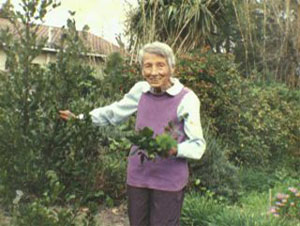
A SHORT LIFE OF ROSEMARY VOSSE
"I am doing things that are worthwhile for other people."
On a New Moon Sunday just before 7.p.m. on the 3rd August, 1997, Rosemary Vosse passed away peacefully at her home ‘Watersedge" Malton Road, Wynberg, Cape Town.
The third daughter of the Marchese Antinori, an old Umbrian noble family, with its original seat in Perugia, Italy, Rosemary is survived by her two elder sisters, Erica and Peggy, and her nephews, nieces and extended family in Turin, Milan, Pisa, Britain, Canada and elsewhere..
Rosemary was born on 17th September, 1913 at Riccione, Italy on the Adriatic. After the death of her mother in 1922, Rosemary and her sisters went to live with her paternal Aunt Nora Antinori in Perugia, who had a great influence on Rosemary's life, and inspired her altruistic work at an early age.
She studied Art in Perugia and Turin, German in Vienna in 1938.
In 1939 she moved to South Africa which became her adopted country for the rest of her life. In 1944 she married Bertus Vosse, (Picchio, as he was known to the Italian family). Their only child, Wilfred, died at an early age.
Rosemary was known to her many Tibetan friends as Karma Dolma Chuzom, a name which was given to her by H.H. the 16th Gyalwa Karmapa, Rangjung Rigpe Dorje. To many of us, she was simply known as Dolma, ‘Mother.’
Over the years, Rosemary was a great inspiration to many through her selfless service to Humankind. She was deeply involved in Theosophy, with her late husband - and was a President of the Cape Town Lodge.
Inspired by an article which appeared in The Middle Way, the Journal of The Buddhist Society in London, Rosemary founded The Tibetan Friendship Group in the late 1950’s and edited its Newsletter - The Tibetan Friendship Group Newsletter, for many years, which then changed into The Bodhisattva Path, and eventually transformed into eighteen issues of MAITRI under the Editorship of Karma Samten (Andre de Wet), AND Sheila Fugard. Later, Rosemary produced and edited ‘Koeksister’ and eventually ‘Co-Exister’ for many years.
Deep friendships with the Tibetan Community in exile, were cemented through her various journeys to India, where she and her husband were received in audience by many of the great Rinpoches. In 1974/5, Rosemary and Karma Samten joined the Entourage of His Holiness the 16th Karmapa, Ranjung Rigpe Dorje, and in 1976 she once again toured the world, to join Sister Palmo in California, with Sheila Fugard, and Karma Samten, for extended Teachings and diplomatic work on behalf of the Tibetan Refugees.
Rosemary was certainly avante garde in spreading awareness in Cape Town of more a ecological lifestyle, "voluntary simplicity" as she used to call it, and a vegetarian diet.Through her extensive sprouting operations, money was generated exclusively for Tibetan Refugees in exile, countless people were introduced to the precious Teachings of Tibetan Buddhism, and many life long friendships were formed. Rosemary invited the Ven. Gelongma Karma Khechog Palmo (Mrs Freda Bedi) to Cape Town in 1972 - and through this visit - The Karma Rigdol Centres of Tibetan Buddhism were formed under the Direction of H.H. the 16th Karmapa - and the first South African President, the late Dr. Ernst Landsberg.
Rosemary was also an active member of many social organisations, and maintained wide international links with enlightened groups. She was a tireless campaigner for a more noble way of life - and manifested a simplicity of living. She personally ‘adopted’ the Venerable Ato Rinpoche, and assisted in his education through his early years in the West. During the last years of her life, she was deeply grateful to have received Akong Rinpoche, and Ato Ripoche in her home, and to have attended the talk by His Holiness the Dalai Lama in Cape Town in 1996. She was also a Member of the Mountain Club of South Africa, and the National Council of Women.
The National Council of Women of the United States (NCW/US) is the oldest [1] nonsectarian organization of women in America. Officially founded in 1888,[2] the NCW/US is an accredited non-governmental organization (NGO) with the Department of Public Information (UN/DPI)[1] and in Consultative Status with the Economic and Social Council of the United Nations (ECOSOC).[3]
-- The National Council of Women of the United States, by Wikipedia
The International Council of Women (ICW) is a women's organization working across national boundaries for the common cause of advocating human rights for women. In March and April 1888, women leaders came together in Washington D.C. with 80 speakers and 49 delegates representing 53 women's organizations from 9 countries: Canada, the United States, Ireland, India, United Kingdom, Finland, Denmark, France and Norway. Women from professional organizations, trade unions, arts groups and benevolent societies participate. National councils are affiliated to the ICW and thus make themselves heard at the international level. The ICW enjoys consultative status with the United Nations and its Permanent Representatives to ECOSOC, ILO, FAO, WHO, UNDP, UNEP, UNESCO, UNICEF, UNCTAD, and UNIDO.
-- International Council of Women, by Wikipedia
She will be sadly missed by her huge international family. But her example remains a living memory for us all.
Samten de Wet. Turin, 2nd November, 1997.
"There is no more valuable thing possessed by any individual than an exalted ideal towards which he continually aspires, and after which he moulds his thoughts and feelings, and forms, as best he may, his life."
-- H.P. Blavatsky. Practical Occultism, p. 87.
"Thou shalt not separate thy being from BEING and the rest, but merge the Ocean in the drop, the drop within the Ocean.
So shalt thou be in full accord with all that lives, bear love to all men as though they were thy brother-pupils, disciples of One Teacher, the sons of one sweet mother."
-- "The Voice of the Silence"
Rosemary wrote:
From another dear "sister" away in the Eastern Transvaal, we received this prayer originally spoken by one of the North American Indians in Canada. "For me it embodies much of what is ultimately important to our spiritual lives," she says.
A RED INDIAN PRAYER
Great Spirit, whose voice I hear in the wind,
whose breath gives life to the world -
hear me!
I am small and weak, I need your strength and wisdom.
May I ever walk in beauty.
May my eyes ever hold the red and purple sunset,
May my ears sharp to hear your voice,
May my hands respect the things You have made,
Make me wise, so that I may learn the lessons You
have taught your children,
the secrets You have hidden in every leaf and rock.
Make me strong, not to be superior to my brother,
but to fight my greatest enemy - myself.
Make me ever ready to come to You with straight eyes
so that when life fades as the fading sunset
my soul can come to You without shame.
"MAKE ME KIND, GENTLE AND OBEDIENT" -
-were among the words that Mother, who died when we were children, taught us to address at bedtime to "God, my father in Heaven."
For how long we continued repeating those words during later years nobody remembers, in any case, after some time things tend to lose their potency, becoming automatic repetitions - not so?
But it’s interesting to remember that prayer a whole lifetime later, with gratitude to the woman who brought us into the world and who is described on her faraway tombstone as "A faithful wife and a devoted mother."
Kindness, gentleness and obedience are qualities we can all do with in greater abundance - the last being, in our adulthood, the attitude described by one of our very good friends as a type of listening to the voice of our intimate conscience.
Through our involvement with the Tibetan Friendship Group, we have been very happy to learn that H.H. the Dalai Lama has been awarded the Nobel Prize for Peace. "My true religion is kindness", is a phrase attributed to him.
Rosemary
A MORNING STORY
Rosemary had the great fortune, to die peacefully in her own bed. These short pieces, edited from past issues of the Co-Exister, begin with a beautiful 'Morning Piece' - in which Rosemary demonstrates that the blankets on her bed, were woven with the relationships of those whom she loved.
Dear Friends,
WHEN RISING IN THE MORNING -
- on a Sunday, there are several extra jobs to do. Like changing the sheets on the bed. Which means that the top one goes to the bottom and the clean one comes on top. That's what we always did at home.....
There's a variety of sheets here: this morning the clean one was one of the two Pauline kindly gave me when Erika was coming from Germany. The material is very nice, but they were a little short, so Hennie kindly added on a strip at the bottom, which makes all the difference. Hennie, as you may guess from her name, comes from Holland.
Today's pillowcase is the one Monique gave me, with flowers all over it on a pale blue background. Monique, incidentally was born in New Zealand.
After these comes the blanket we bought in Connaught Circle, New Delhi in 1965. It's surprisingly long and entitled "Beauty's Chancellor".
The next blanket is a very special one received from the Ven. Chogay Trichen Rinpoche of Lumbini, the place where the Buddha was born in Nepal, just over the border from India. It was in 1978 that Acharya Pema Wosel accompanied me on that trip from Varanasi by bus - a whole long day till we reached the tiny hamlet near the border post, where we had to find a place to sleep in the darkness - no electric lights..... Pema Wosel assured me in his deep voice that he would find something for "Mother", and disappeared, leaving her on the bench at the little tea booth among the buzzing mosquitoes.
The next morning meant a long ride together on a bicycle-rickshaw over the most potholed road anyone has ever seen. By the time they got to Lumbini, your editor was beginning to feel queasy, and after the usual hefty meal Tibetans expect you to eat, the feeling got worse - till she had to decamp hastily and bring it up again.....horrors.
Anyway, in the end our good Rinpoche made her a present in recognition of the help received from the Tibetan Friendship Group, of the woven Nepali blanket off his own bed - a short one because the high teachers apparently never lie down.
The final item to go on the bed is the light yellow nylon quilt that our dear friend Gita brought along many years ago. She was of Polish origin.
How could one not sleep peacefully on this incredible international concoction of a bed at "Watersedge"?
But one can still be restless occasionally, even when remembering all the good things one has received from kind friends. It's simply the way of life, never to be entirely satisfied. Our Buddhist friends call it "dukka", often translated as "suffering", but generally explained as "dissatisfaction".
So every morning we repeat the words:
"Let me be led from darkness to light,
From the unreal to the real,
From death to immortality,
From chaos to beauty."
Love to all from
-- ROSEMARY
Though Rosemary was a deeply committed Theosophist, this is not the time nor the occasion to air the Theosophical Teachings. They can be consulted in great detail and width in 'The Secret Doctrine' and 'Isis Unveiled' written by H.P. Blavatsky, a Teacher much beloved by Rosemary. Instead, during the last few years of her life - Rosemary was deeply inspired by the Life and Works of Peace Pilgrim - and she constantly quoted and used the writings of Peace Pilgrim in her publications. At that stage we may not have taken much notice, as the copies of 'Co-Exister' eventually, got buried beneath the piles of newspapers in the kitchen. But now that Rosemary has left us for Other Shores, we feel that this brief Summary of the Teachings of Peace Pilgrim, seems to encapsulate perfectly the many concerns and moral obligations that Rosemary demonstrated in her practical life.
SUMMARY
-FOUR PREPARATIONS -
1. Assume right attitudes towards life.
Stop being an escapist or a surface-liver as these attitudes can only cause disharmony in your life. Face life squarely and get down below the froth on its surface to discover its verities and realities. Solve the problems that life sets before you, and you will find that solving them contributes to your inner growth. Helping to solve collective problems contributes also to your growth, and these problems should never be avoided.
2. Live good beliefs.
The laws governing human contact apply as rigidly as the laws of gravity. Obedience to these laws pushes us towards harmony; disobedience pushes us towards disharmony. Since many of these laws are already common belief, you can begin by putting into practice all the good things you believe. No life can be in harmony unless belief and practice are in harmony.
3. Find your place in the Life Pattern.
You have a part in the scheme of things. What that part is you can only know from within yourself. You can seek it in receptive silence. You can begin to live in accordance with it by doing all the good things you are motivated toward and giving these things priority in your life over all the superficial things that customarily occupy human lives.
4. Simplify life to bring inner and outer well-being into harmony.
Unnecessary possessions are unnecessary burdens. Many lives are cluttered not only with unnecessary possessions but also with meaningless activities. Cluttered lives are out-of-harmony lives and require simplification. Wants and needs can become the same in a human life and, when this is accomplished, there will be a sense of harmony between inner and outer well-being. Such harmony is needful not only in the individual life but in the collective life too.
-FOUR PURIFICATIONS-
1. Purification of the body temple.
Are you free from all bad habits? In your diet do you stress the vital foods - the fruits, whole grains, vegetables and nuts? Do you get to bed early and get enough sleep? Do you get plenty of fresh air, sunshine, exercise, and contact with nature? If you can answer "Yes" to all of these questions, you have gone a long way toward purification of the bodily temple.
2. Purification of the thoughts.
It is not enough to do right things and say right things. You must also think right things. Positive thoughts can be powerful influences for good. Negative thoughts can make you physically ill. Be sure there is no unpeaceful situation between yourself and any other human being, for only when you have ceased to harbour unkind thoughts can you attain inner harmony.
3. Purification of the desires.
Since you are here to get yourself into harmony with the laws that govern human conduct and with your part in the scheme of things, your desires should be focused in this direction.
4. Purification of motives.
Obviously your motive should never be greed or self-seeking, or the wish for self-glorification. You shouldn't even have the selfish motive of attaining inner peace for yourself. To be of service to your fellow humans must be your motive before your life can come into harmony.
-FOUR RELINQUISHMENTS-
1. Relinquishment of self-will
You have, or it's as though you have, two selves; the lower self that usually governs you selfishly, and the higher self which stands ready to use you gloriously. You must subordinate the lower self by refraining from doing the not-good things you are motivated toward, not suppressing them but transforming them so that the higher self can take over your life.
2. Relinquishment of the feeling of separateness.
All of us, all over the world, are cells in the body of humanity. You are not separate from your fellow humans, and you cannot find harmony for yourself alone. You can only find harmony when you realise the oneness of all and work for the good of all.
3. Relinquishment of attachments.
Only when you have relinquished all attachments can you be really free. Material things are here for use, and anything you cannot relinquish when it has outlived its usefulness possesses you. You can only live in harmony with your fellow human beings if you have no feeling that you possess them, and therefore do not try to run their lives.
4. Relinquishment of all negative feelings.
Work on Relinquishing negative feelings. If you live in the present moment, which is really the only moment you have to live, you will be less apt to worry. If you realise that those who do mean things are psychologically ill, your feelings of anger will turn to feelings of pity. If you recognise that all of your inner hurts are caused by your own wrong actions or your own wrong reactions or your own wrong inaction, then you will stop hurting yourself.
A FINAL THOUGHT
It is many years since childhood days when we first saw a picture of (the) Potala (Palace) of Lhasa, that incredible building rising out of a hill as if it were a part of it. Little did we dream then, way back in Italy, that life would get us involved with Tibet and all that has come out of it.
The experience of meeting some of the high entities from that region and learning about their inspiring teachings, has surely been the most rewarding thing in this long life. As it gradually draws toward its close, we feel confident that, seeing that life is an ongoing process of alternating activity and rest, we shall return to the earthly scene in due course, to carry on the big work of encouraging our flagging brethren.
In this Year of Tibet, we remember the words coming from those high places addressed to the ones embarking upon the path of life:-
"To live to benefit mankind is the first step".
-- Rosemary
N.B. "We", of course, is that delightful editorial plural in which some of us are privileged to indulge.
NOTE: This small Memorial Page was, prepared by the Family Faraggiana of Turin, Italy, and edited by Samten de Wet. If you know of friends of Rosemary who have not received a copy and would like to - please send the names and addresses to:
Erica Faraggiana, Strada S. Margherita, 158, Turin 10131, Italy. Fax: (0939) 011. 812.1226
or:
Samten de Wet, P.O.Box 15438, Vlaeberg, Cape Town 8018. Email: samten@mweb.co.za
or: Email: faraggia@athena.polito.it

